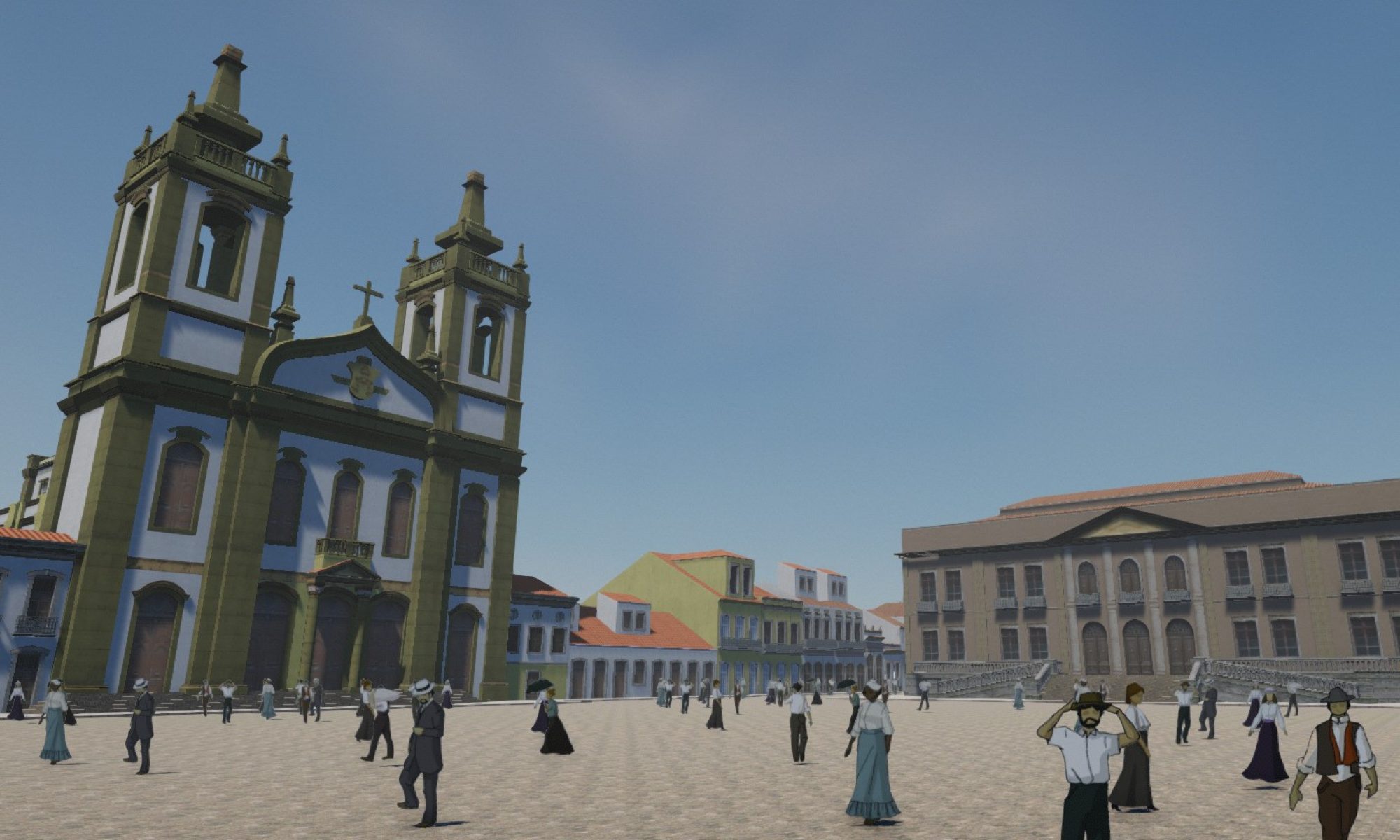Six decades after President Vargas Avenue drastic urban surgery (1940-1944) for opening this main urban artery in the central area of Rio de Janeiro city, it still seems an unfinished project sprinkled with notable examples of pre modern, modern and ordinary architecture and multiple urban voids. Diversity, emptiness, discontinuity and permanence summarize, nowadays, this monumental project, conceived during the nationalist context of the Dictatorial regime (1937-1945) imposed by President Getúlio Vargas. Recent attempts — projects, new buildings, urban legislation review — to manage this unfinished project have been in vain. This paper aims to discuss the current conjuncture, through the understanding of this historical process. What controversies and challenges do these attempts point out towards a responsive future for President Vargas Avenue?
Autores
Ano do texto: 2010
Citação ABNT
BORDE, A. ; SAMPAIO, Andréa ; CABRAL, Maria Cristina N. . A historical approach of Avenida Presidente Vargas (Rio de Janeiro) project: challenges and controverses towards a responsive future. In: 14th International Planning History Society Conference, 2010, Istambul. Urban transformation: controversies, contrasts and challenges. Conference proceedings.. Istambul: Taskisla, 2010. v. 2. p. 373-384.

